For Raleigh Woods, childhood in Ann Arbor wasn’t just a time of discovery — it was the beginning of a lifelong relationship with reading. Surrounded by creative opportunities and encouraged by his educator parents, he explored the world through books. Stories like Animal Farm, The Phantom Tollbooth, and works by Ian Fleming and Stephen King sparked his imagination and expanded his view of the world.
“I’m especially grateful for how literature opened my imagination and my eyes to how vividly diverse the world actually was,” Woods said.
Woods thought himself to be extremely fortunate to have a childhood so rich with opportunity and learning. His parents played a major role in this; being career educators, they often exposed Woods to opportunities that would be unavailable for most children.
“[My parents] exposed us to literature that others would have considered too complex for children and youth to comprehend,” Woods said.
Because of this, from a very young age, Woods became fond of books; his reading interests ranged from scary novels to spy thrillers and magazines.
“Reading evolved into less of a chore and more into an escape for me at that point- I could go places without an adult directing me exactly where to go, and I could choose my own literature to read,” Woods said.
College provided Woods with the opportunity to meet new people and see new perspectives. Woods had the privilege of attending several different colleges; because of this he was exposed to many different perspectives and cultures.
“In general, college provides excellent opportunities to meet other people from diverse religious, political, and cultural backgrounds,” Woods said.
Eventually, Woods found his way to teaching. He had always enjoyed mentoring the youth and hoped to change the world for the better. Woods understood how important education was for the future of humanity.
“There is a deep understanding (and ultimate hope) of teaching that we are planting seeds, and decades later, the world will be able to reap the harvest of the next generation of teachers who want to empower youth to leave this world in a better condition than they found it,” Woods said.
While teaching, Woods draws from his own experiences as a student in the AAPS public school system. Woods believes that the classroom will be as dynamic and interesting as the amount of effort the students and teachers put into it.
“I try to teach in a way that if I were a student in my own class, I would not be bored to death and would continue on my quest to be a lifelong learner,” Woods said.
While Woods was receiving his own education in AAPS, the environment and methods that teachers used were drastically different. Education today uses a much more technology-based curriculum.
“I’d say the tools we had at our disposal (when I was a youth) enabled a deeper, grounded experience in whatever we were studying,” Woods said.
Through the years, as Woods went from flipping the pages of his book in his fourth-grade classroom to directing his own students through silent reading, Woods has maintained his love of reading. He encourages students today to make the world a better place as soon as possible, but most importantly, do what you enjoy.
“Find your passion and never let it go, be true to yourself, and always let your passion grow!”


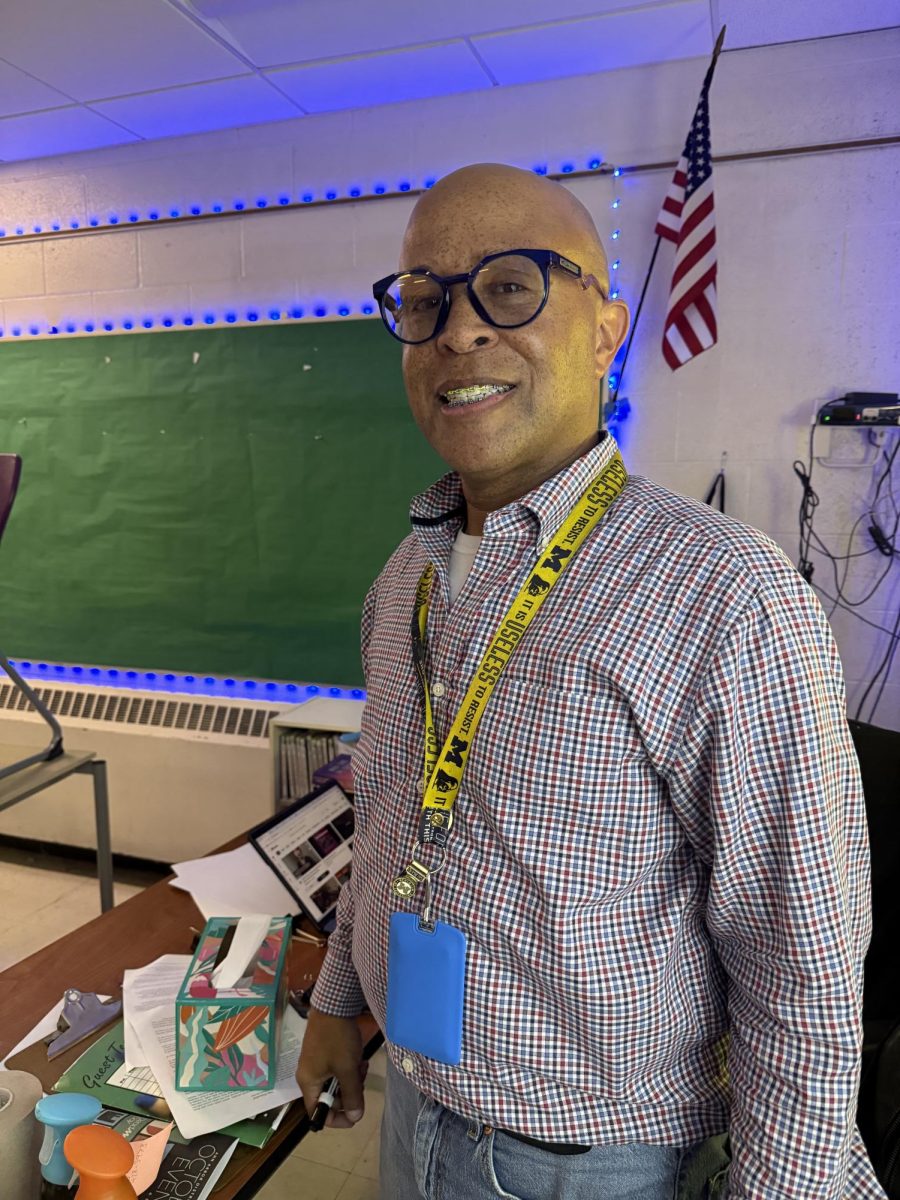
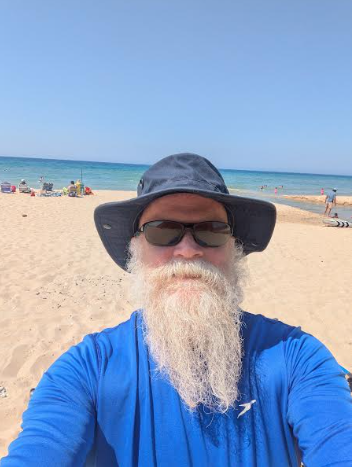
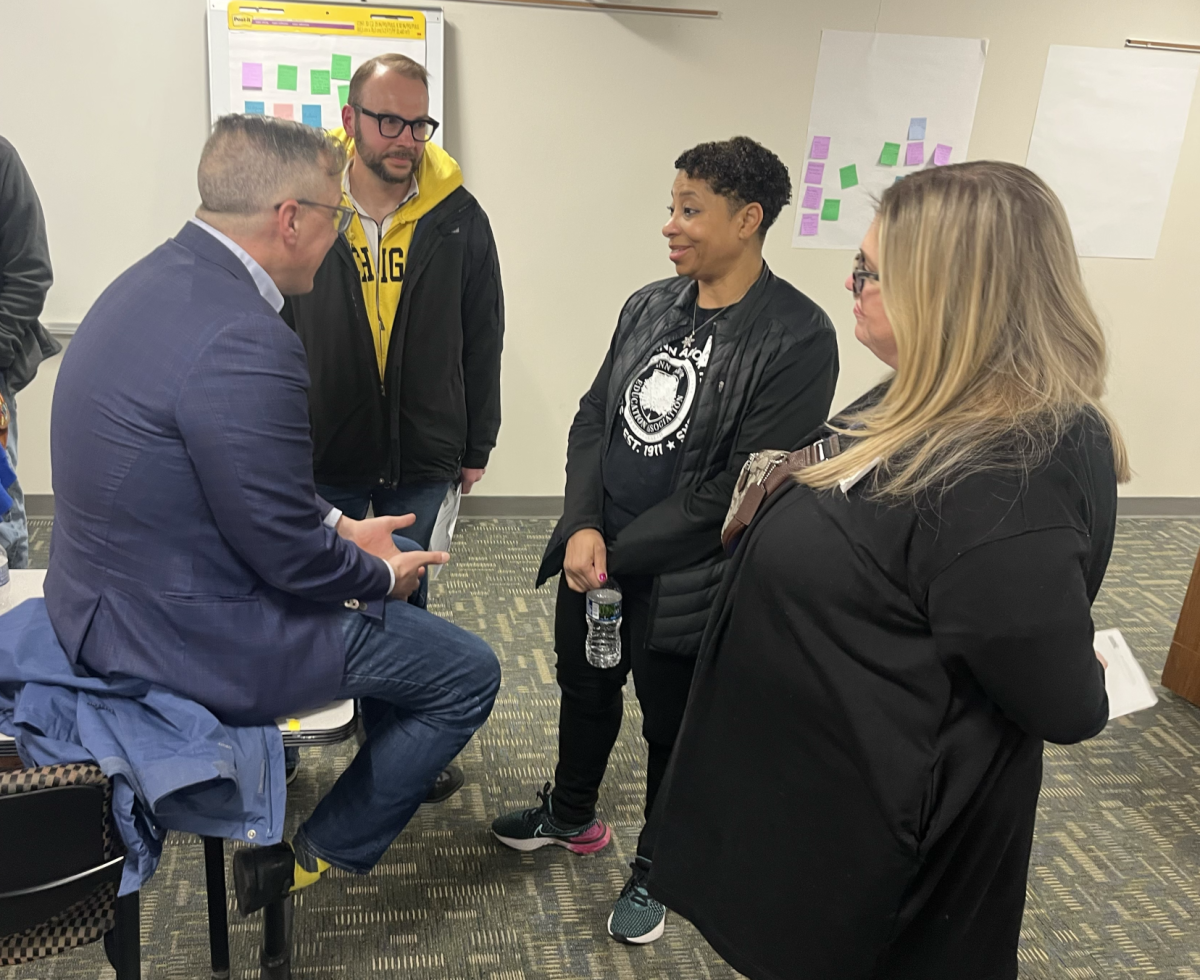
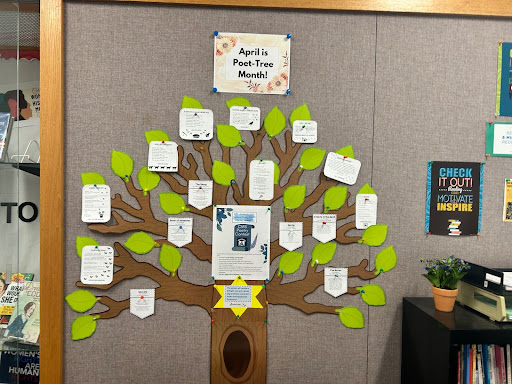
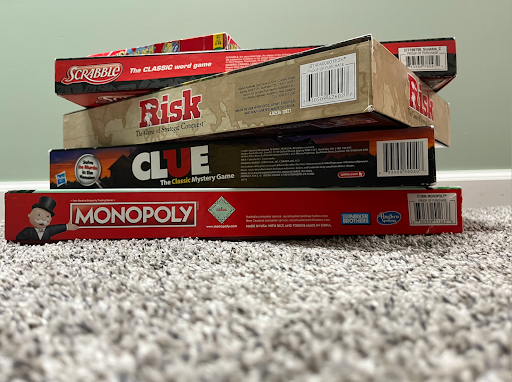
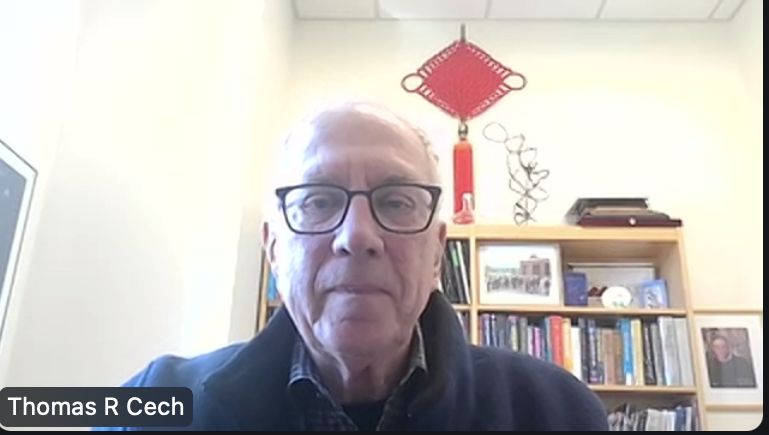
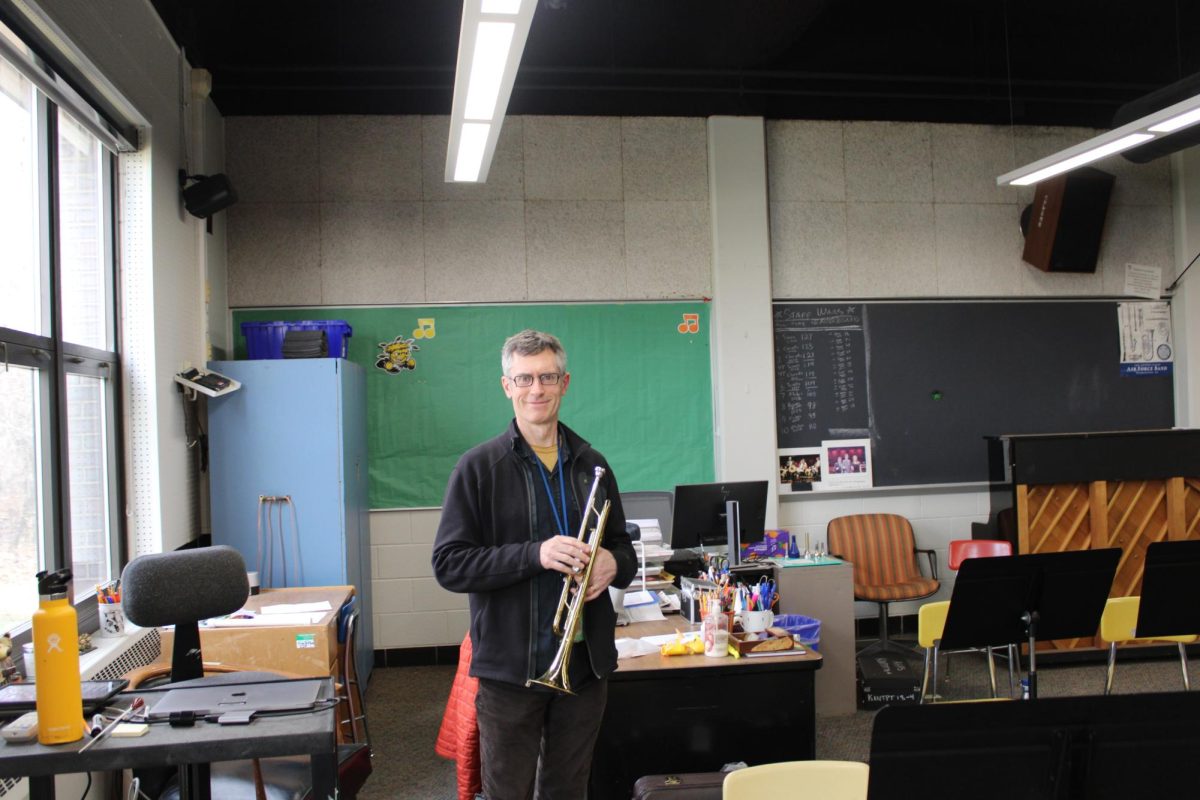
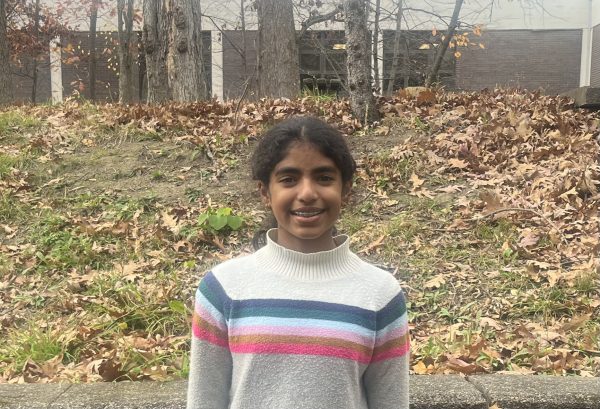
Annabella • Oct 11, 2025 at 1:12 pm
Wahoo Medha 🙂